9 start with O start with O
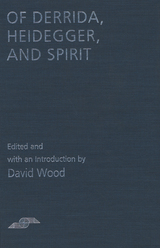
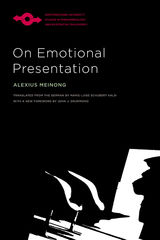
Available again in English, with a new foreword by John J. Drummond that situates Meinong’s account within contemporary discussions of the emotions, this translation will be welcome to those interested in Meinong and his theory of objects as well as those interested in the philosophy of the emotions and values.
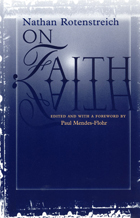
Rotenstreich's phenomenological study will be of great importance for religious scholars as well as for philosophers.
Nathan Rotenstreich (1913-93) was professor of philosophy at the Hebrew University of Jerusalem. He was elected to the Israel Academy of Sciences and Humanities, and his works include Jews and German Philosophy and Reason and Its Manifestations: A Study of Kant and Hegel.
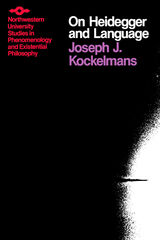
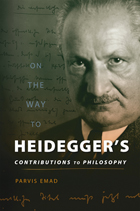
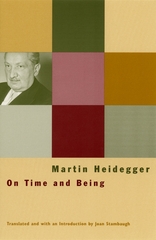
"This collection may well vie with Vom Wesen des Grundes and Identität and Differenz as definitive statements of Heidegger's ontology."—Library Journal
"The title of the English translation is that of the lead essay, the highly celebrated lecture which Heidegger gave in 1962 and which bears the same title as the never published 'third division' of the 'first half' of Being and Time. This lecture is perhaps the most significant document to be added to the Heideggerian corpus since the Letter of Humanism. . . . Stambaugh's translation is superb."—Stanley O. Hoerr and staff, The Review of Metaphysics
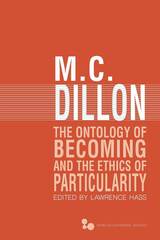
M. C. Dillon (1938–2005) was widely regarded as a world-leading Merleau-Ponty scholar. His book Merleau-Ponty’s Ontology (1988) is recognized as a classic text that revolutionized the philosophical conversation about the great French phenomenologist. Dillon followed that book with two others: Semiological Reductionism, a critique of early-1990s linguistic reductionism, and Beyond Romance, a richly developed theory of love. At the time of his death, Dillon had nearly completed two further books to which he was passionately committed. The first one offers a highly original interpretation of Nietzsche’s ontology of becoming. The second offers a detailed ethical theory based on Merleau-Ponty’s account of carnal intersubjectivity. The Ontology of Becoming and the Ethics of Particularity collects these two manuscripts written by a distinguished philosopher at the peak of his powers—manuscripts that, taken together, offer a distinctive and powerful view of human life and ethical relations.

In Original Forgiveness, Nicolas de Warren challenges the widespread assumption that forgiveness is always a response to something that has incited it. Rather than considering forgiveness exclusively in terms of an encounter between individuals or groups after injury, he argues that availability for the possibility of forgiveness represents an original forgiveness, an essential condition for the prospect of human relations. De Warren develops this notion of original forgiveness through a reflection on the indispensability of trust for human existence, as well as an examination of the refusal or unavailability to forgive in the aftermath of moral harms.
De Warren engages in a critical discussion of philosophical figures, including Martin Heidegger, Hannah Arendt, Mikhail Bakhtin, Edmund Husserl, Gabriel Marcel, Emmanuel Levinas, and Jean Améry, and of literary works by William Shakespeare, Fyodor Dostoevsky, Heinrich von Kleist, Simon Wiesenthal, Herman Melville, and Maurice Sendak. He uses this discussion to show that in trusting another person, we must trust in ourselves to remain available to the possibility of forgiveness for those occasions when the other person betrays a trust, without thereby forgiving anything in advance. Original forgiveness is to remain the other person’s keeper—even when the other has caused harm. Likewise, being another’s keeper calls upon an original beseeching for forgiveness, given the inevitable possibility of blemish or betrayal.
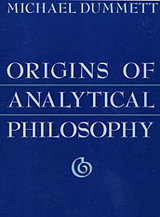
READERS
Browse our collection.
PUBLISHERS
See BiblioVault's publisher services.
STUDENT SERVICES
Files for college accessibility offices.
UChicago Accessibility Resources
home | accessibility | search | about | contact us
BiblioVault ® 2001 - 2024
The University of Chicago Press









